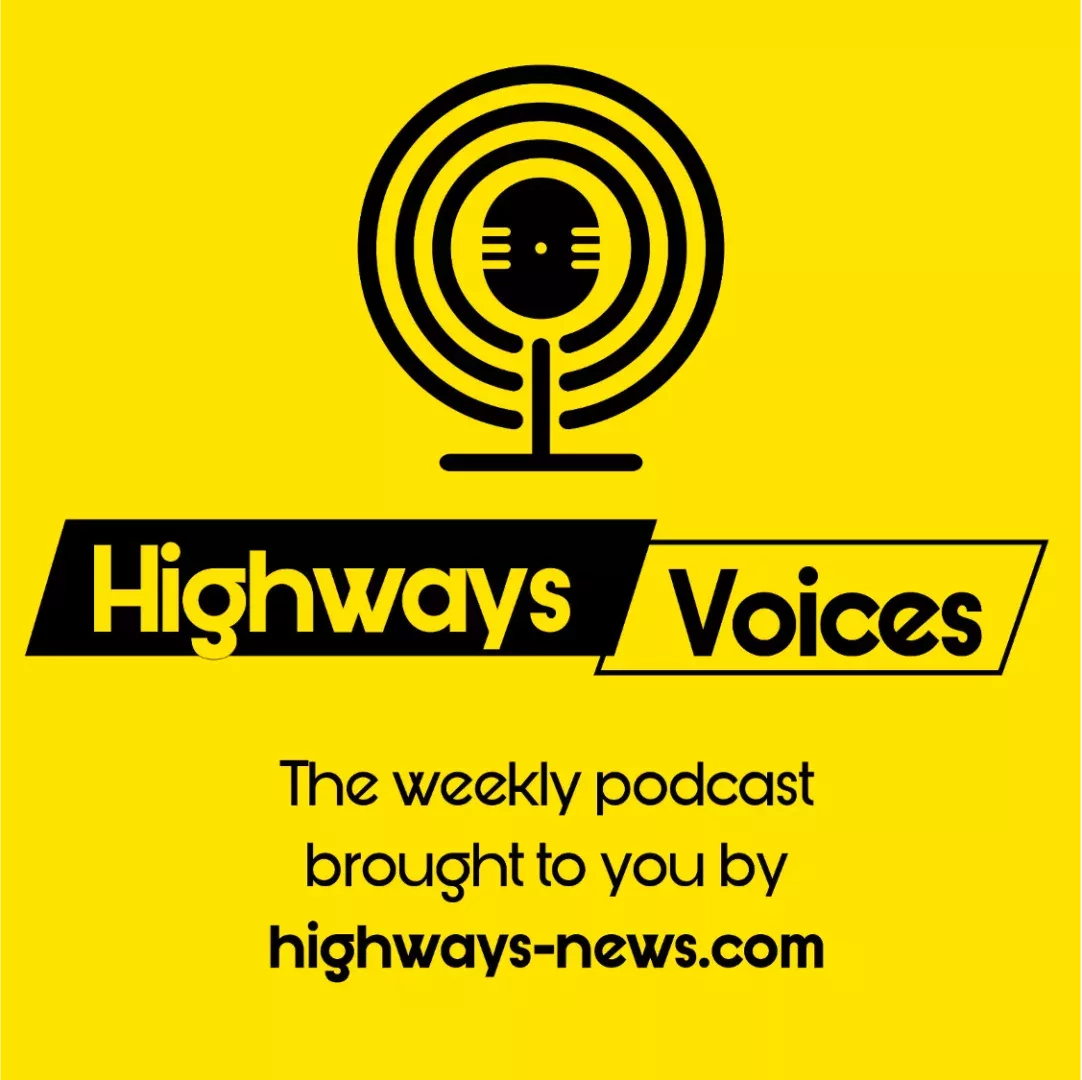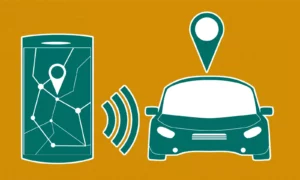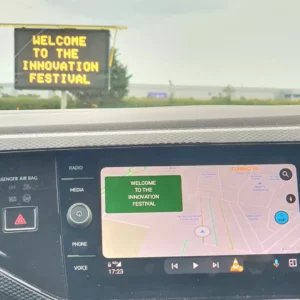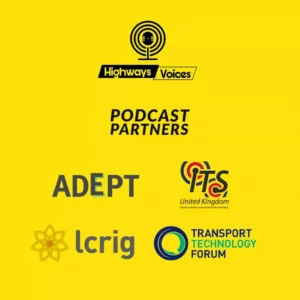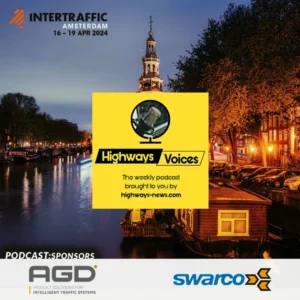In this week’s Highways Voices podcast, two of the UK’s leading experts on the behaviour of people while travelling urge engineers to redefine how they measure a successful transport system.
Rory Sutherland and Pete Dyson have written a book “Transport for Humans – Are We Nearly There Yet”, in which they write how engineers plan transport systems, but people use them, and the ways in which an engineer measures success – speed, journey time, efficiency – are often not the way that passengers think about a good trip.
“We are not cargo,” they write, “We choose how and when to travel, influenced not only by speed and time but by habit, status, comfort, variety – and many other factors that engineering equations don’t capture at all.
“As we near the practical, physical limits of speed, capacity and punctuality, the greatest hope for a brighter future lies in adapting transport to more human wants and needs. Behavioural science has immense potential to improve the design of roads, railways, planes and pavements – as well as the ways in which we use them – but only when we embrace the messier reality of transport for humans.”
“An understanding of human psychology offers far more potential for ingenuity in transport solutions, than simply looking at what you might call real world SI derived metrics of speed and punctuality and capacity,” Rory Sutherland, who is Vice Chairman of brand agency Ogilvy, told the podcast. “So the scope for ingenuity is much, much greater. If you’re prepared to actually wrestle with some of the counterintuitive, and sometimes eccentric mysteries of human perception.
“We don’t perceive the world objectively, we have, you can see this from English language, time flies, when you’re having fun, or it was the longest ten minutes of my life, you know, we don’t perceive time, like a metronome or a stopwatch”.
He explains that we plan for the average, but that nobody is average. “We spend an awful lot of time trying to solve for the average, we take the average traveller, solve for him or her, or rather it because it’s an average and then impose that optimal solution on everybody, regardless of their varying preferences and comparative sets.”
The authors worked together at Ogilvy until Pete Dyson moved to a role within the Department for Transport, looking at new ways to deliver transport.
“Has transport fully realised the key product that it is selling?”, Pete comments in the podcast. “On the one hand, it’s the get the person from A to B point. But if you only think of it in those terms, then you get to this reductionist area of we’ll get them to be faster than a is the best possible option. But thinking of it differently leads to some more cheeky ideas.”
Using the example of the Caledonian Sleeper between London and Scotland which is more expensive and slower than a flight, but still a very attractive travel option he suggests, “What if the sleeper train were a room on AirBnB, and when you’re looking for rooms in Aberdeen, you can book the sleeper train, because after all, that could be your first night in Aberdeen, or vice versa if you wanted to stay in London, and now suddenly the cost feels a little bit different because after all you’re paying for a nice accommodation.”
The conversation discusses a range of topics from multi-modal travel to smart motorways, from road charging and parking pricing to route choices and working on trains.
Subscribe to Highways Voices free on Apple Podcasts, Spotify, Amazon Music, Google Podcasts or Pocket Casts and never miss an episode!



